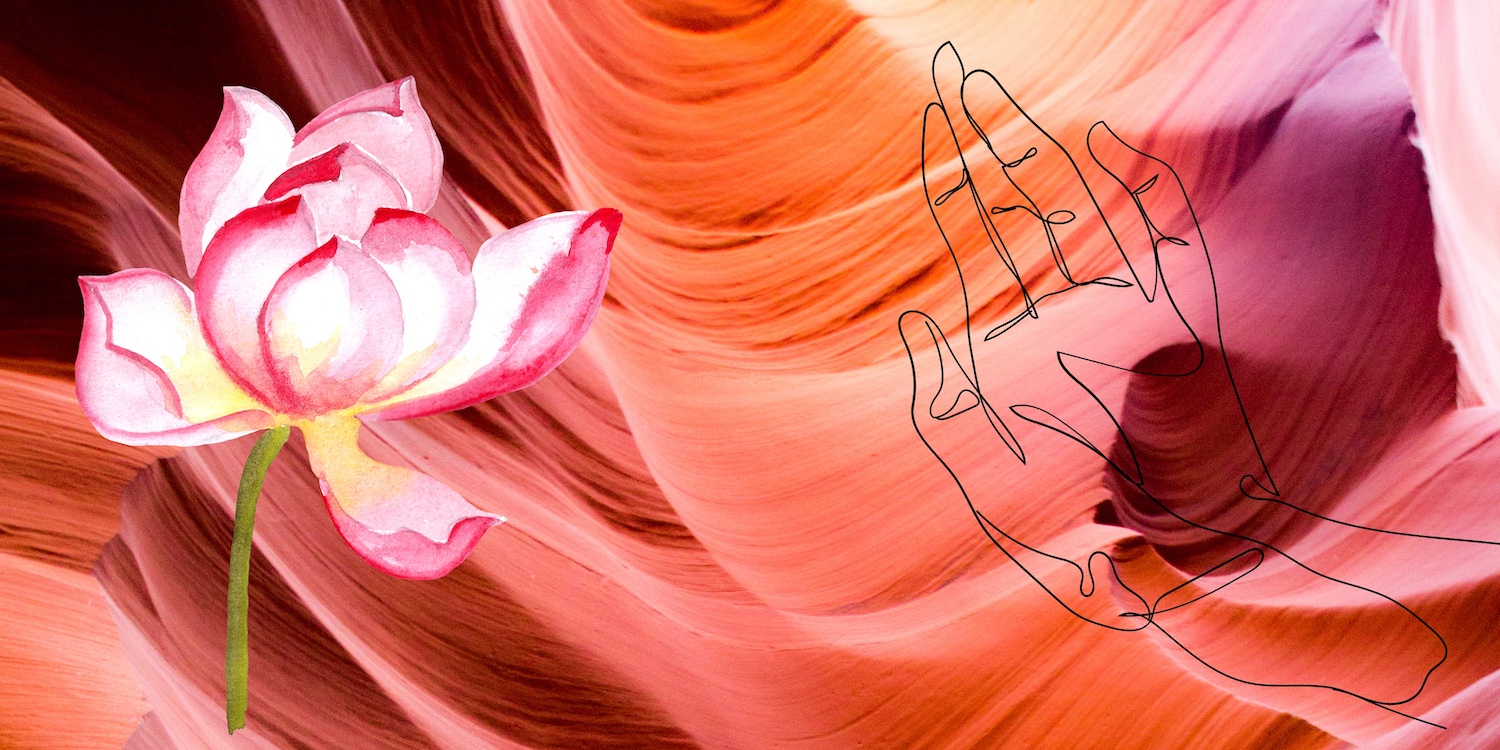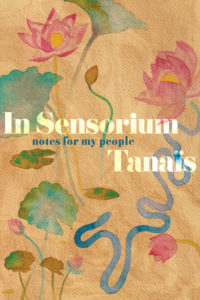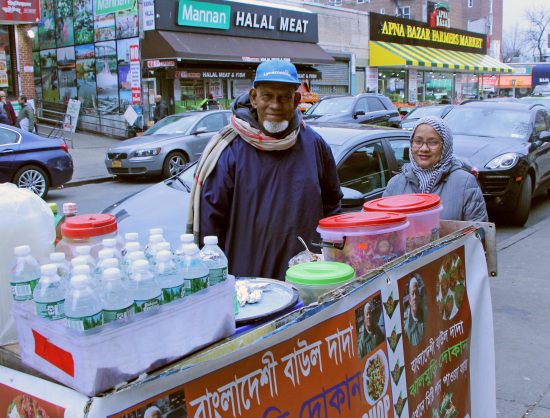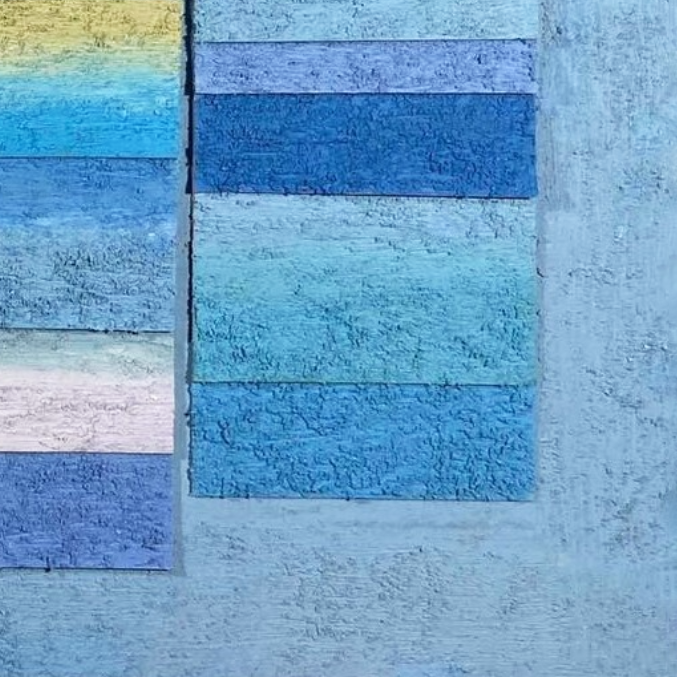Bangladesh, 1971—an excerpt from In Sensorium

March 24, 2022
One day, we were traveling by train, the army stopped us on the platform, demanding to see our ID, to see if we were Hindu. I was so afraid. We knew they were capturing young women all over the country, raping them. These soldiers were very poor boys from Pakistan, barely educated, they didn’t understand Bangla, we didn’t understand them. A young solider poked me and demanded to see what I was reading. I showed him my magazine. I was so scared. But he smiled at me, when he saw the Pakistani actress Rani on the cover. Maybe it made him feel comfortable far from home. He left me alone.
Near the end of the war, I stayed behind in the village—I had just turned fourteen—your Nanu and Nana were afraid men might try to take me away. When the rest of the family returned to the house by the pond in Tongibari, they were shocked—the entire house had been looted—we had nothing. Did we think Indian soldiers took everything? No. Sometimes when the Mukti Bahini or the Indian Army rode through our village, all of us young girls cheered and clapped for them, they were so handsome, they were fighting for us. We thought of them as heroes. One day, young Mukti Bahini men showed up to the house, they’d heard that the family had a daughter—they demanded that one of their men marry me. Bhagheesh chilamna, fortunately I wasn’t there, so they couldn’t take me. No woman felt safe then. It’s true, Bihari women were raped too.
— Ma reminiscing about 1971, on a phone call, August 2020
The military is coming! The military is coming! Joydeb screamed, running back from town, breathless, rushing home to warn his sisters, Durga and Gauri, that they needed to hide. Quickly. The two sisters leapt into the pond, sinking into the green, low as they could, enough to cover their bodies under water hyacinths that bloomed on the surface. Invasive species. Their only protection from the ferocious invaders that descended the night of March 25, 1971—Pakistani soldiers who everyone feared would kidnap and gang-rape young girls. Durga and Gauri waited out the soldiers, laying in absolute stillness, breathing from their nostrils that peeked out of pondwater. One night, Joydeb, Durga, and Gauri left, their family decided—as did millions of Hindu families—to risk everything and leave their homeland to cross the border into India.
My mother never saw her friends again.
Months later, when Ma stayed in her own ancestral village, around fourteen years old, word spread that the Pakistani military would be coming for girls in their village, so she ran and ran, ran about a mile to a secluded area, where there were only trees. When she finally caught her breath, she realized that she’d been running alone.
I heard a few scattered tales of Ma’s life during the Liberation War of 1971, a year that holds Bangladeshis and our diaspora in a perpetual state of reckoning. Every family has their record of the war, their version of the story. Neither Ma nor Baj fought as guerillas in the Mukti Bahini—Ma too young, Baj pro-Liberation but his elderly father needed him at home, and violence never fit his disposition. We heard the numbers repeated like a mantra, the death toll of the war: three million murdered and one hundred thousand to four hundred thousand women raped by the Pakistani Army. All in the span of nine months—the gestation period of a baby nation. Chaos made quantifying death impossible. Among their friends, our aunties and uncles, some joined the Mukti Bahini as freedom fighters, but they would spend most of their lives building new families in the United States.
○
Being a woman, my body was considered to be dangerous to myself and others.
— Laila Ahmed, a freedom fighter who trained in the Gobra Camp, India, in an interview with Yasmin Saikia
When I was twenty-two, I worked at the organizing center Make the Road New York, named after the Spanish poet Antonio Machado’s line: we make the road by walking. My Dominican friend Benny took me to get a tattoo for twenty bucks in a Bushwick basement. I handed the tattoo artist Bear—hirsute as his name implied—a tiny printout of a Bengali woman holding a bayonet, from a propaganda poster encouraging women to join the struggle for Liberation. Today, the black ink of my tattoo woman is greened, blurring the sharp edge of her weapon into an auntie’s warning, wagging finger.
Did I—do I—have it in me to kill for freedom and nation? I imagine it would take extraordinary circumstances for me to fathom ending the life of another being. Would I do so if I were being attacked, threatened with rape? I think of all the people who were faced, in a moment, with inexplicable terror and had no time to take cover, protect themselves, and run as far away as fucking possible. Laila Ahmed, a freedom fighter, reminisced about her experiences in the war, training in the Gobra Camp, in Kolkata, India. The oppressive, male-dominated nature of warfare denied her the chance to fight, despite her height, strength, and desire to engage in armed battle—men considered her a liability. Many women freedom fighters worked in infirmaries and clinics, doing revolutionary work as caretakers and healers. Seeing death all around her, Laila remembered the moment that changed everything, that made her want to fight. The dead bodies were wet, rotten and lying in muck and water, my father’s barely covered with earth.
How to stitch together the knowledges collected in thousands of books over the fifty years since Bangladesh’s birth? At the end of this book, there will be a list of all the books I’ve read, whose pages are dog-eared, smeared with kajal from my eyes to my fingers after crying, books full of facts about survivors and perpetrators. As a writer, fiction is my preferred form of storytelling—the ground is softer for burying secrets—and telling the truth hurts in a way I had not expected it to. I close my eyes, breathe, let myself weep, pierced by the immensity of suffering, like shrapnel lodged in my heart. Ma and Baj rarely told us details of that year, perhaps wanting to spare my sister and me what wasn’t ours, even though this history is ours, history we would have to learn someday, when it was time.


From IN SENSORIUM: Notes For My People by Tanaïs. Copyright © 2022 by Tanaïs. Excerpted by permission of Harper, an imprint of HarperCollins Publishers.



